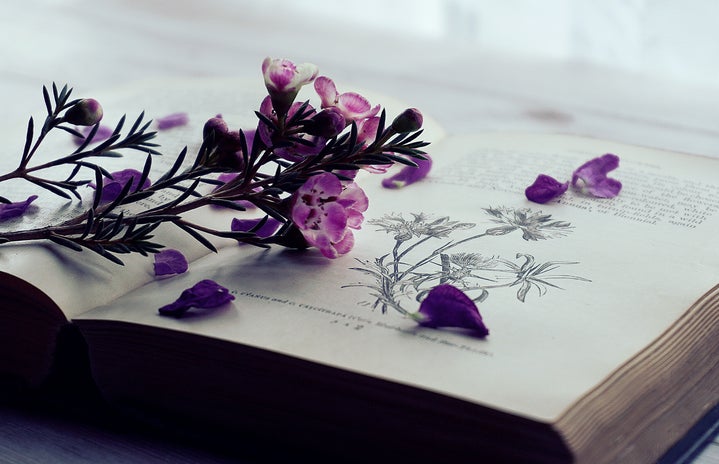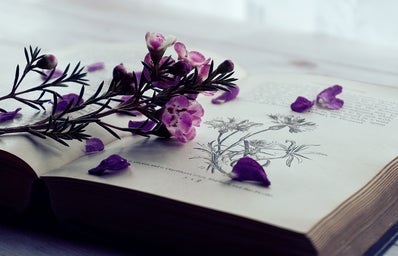Hi again, and welcome back to my Author Spotlight series! I’m super excited for this next interview. I have seen countless TikTok and Instagram hype for this book and was so happy to have received an ARC of it! Known as the Lemon Witch on Instagram (and probably the Queen of Colorful Eyeliner, at least in my book), Zoulfa Katouh has answered my questions about her newest novel: As Long as the Lemon Trees Grow.
Following pharmacy student Salama Kassab, As Long as the Lemon Trees Grow takes place in wartime Syria. Salama volunteers at a hospital when the cry of freedom breaks out. She witnesses wounded civilians daily but secretly attempts to leave her homeland before her pregnant best friend gives birth. Desperate for a new life, she has manifested a physical embodiment of her fear in the form of an imagined companion named Khawf. Salama is torn between her loyalty to her country and her struggle to survive. When she crosses paths with the boy she was meant to meet one fateful day, she starts to doubt her resolve to leave her homeland and must learn to see the events happening around her for what they truly are: not a war, but a revolution.
Why did you choose to write about the Syrian revolution to start off your career as an author?
I saw how the media had been reporting on what’s happening in Syria for more than ten years and still the general public didn’t know much. As someone with Syrian roots, I just wanted people to know that no one chooses to be a refugee. I realized people’s lives are stories and so I took what was documented and reported on the news and social media and created a story that would make readers identify with my characters.
Recently, Muslims within literature, particularly YA, is on the rise with authors such as SK Ali, Tahereh Mafi and Samira Ahmed. How do you think your novel chips away the predominantly white narrative, but at the same time is different from other Muslim authors and their writings?
I think it adds some colour to shelves and teaches readers that the world is a bit bigger than they think. Especially for a book like mine where my characters don’t conform to stereotypes that are usually seen. I wanted to write outside the box of what happens to Muslim characters. Salama’s issue isn’t strict parents who confuse religion with culture nor is it her rebelling against where she comes from. She loves who she is. Kenan isn’t misogynistic nor unkind. He’s a wonderful older brother and soft hearted but strong at the same time. These kind of characters for Muslims seldom exist. Not to mention the halal love story that I was so happy to write, and even more happy to see loved by readers regardless whether they’re Muslim or not.
Most of your profile pictures have you with colorful eyeliner. Layla also mentions Salama looks best in blue eyeliner. Any tips or suggestions for those who want to replicate the look?
I absolutely adore colorful eyeliner. What I found I love the most is a turquoise or a sea green colour. They make my brown eyes pop! For my brown eyed friends, you can’t go wrong with either of these! I use all types of eyeliner but lately I’ve been finding myself reaching more for the felt-tip or liquid.
Salama has a routine to help with her anxiety where she names plants and their medicinal properties. As a pharmacy student, do you use this technique? What are some of your own coping methods?
Salama copes with her anxiety much better than I do. I usually forget to fully breathe and have to remind myself to take in a deep gulp of oxygen. I do it slowly and it regulates my heartbeat.
How do you think writing, and even reading, a novel set in Syria during the revolution will impact a nationwide audience?
I think it will be a gentle nudge for readers to know more about what’s happening and keep an open heart for those who are in need of a helping hand.
What are some ways people can support Syria with its ongoing revolution?
The first step is always knowledge. Once a person has that knowledge they can pass it on to those who don’t know. For those who are living in cities and countries that have welcomed Syrian refugees, there is always help that can be given to them.
If you could describe your novel as an aesthetic, what would it be and why?
Cottagecore Studio Ghibli.
Cottagecore because that’s Salama’s aesthetic and Studio Ghibli because Ghibli doesn’t shy away from showing the brutality life has like in Grave of the Fireflies. At the same time, Studio Ghibli gives magic to the mundane and enriches imaginations and provides a refuge to all of who are fans. Just as how it provides Salama and Kenan with refuge.
Instead of making Layla part of Salama’s family, you wrote her as the pregnant best friend. What do you think the benefit of writing her this way was instead of making her a blood relative?
I wanted to write a chosen family relationship. They’re not bound by blood but they might as well be.
Besides the revolution, what can readers look forward to in this novel?
The halal love story which along with Salama and Layla’s friendship was one of the sweetest parts to write. But also to expect so many contemporary books where Muslim characters are bound within the box they’re forced in.
–
A million thanks to Zoulfa for not only answering my questions BUT FOR WRITING THIS BOOK! I have learned much about Syria, cried, laughed, and felt all the feels in this novel! Many thanks to Cheryl Lew from Hachette Book Group for sending me an ARC and giving me the chance to interview the Lemon Witch.


